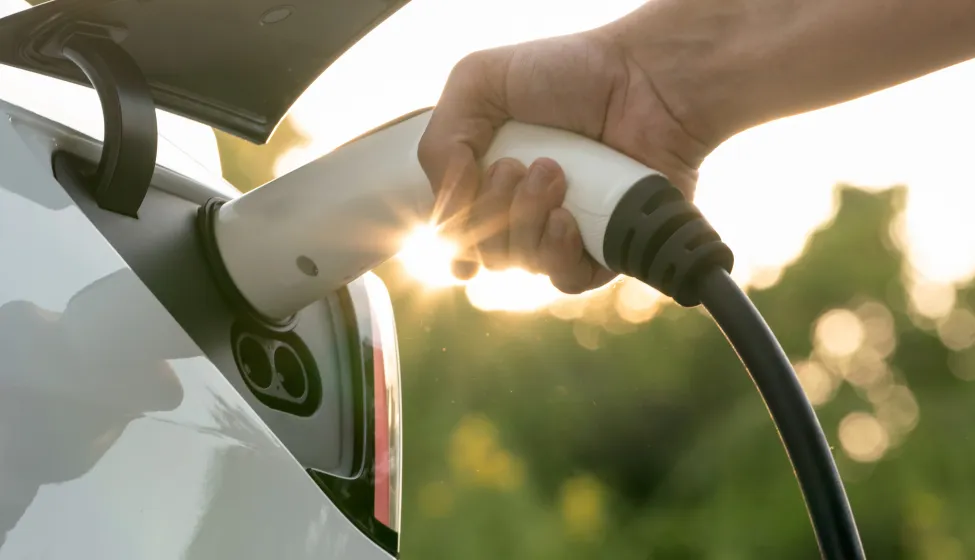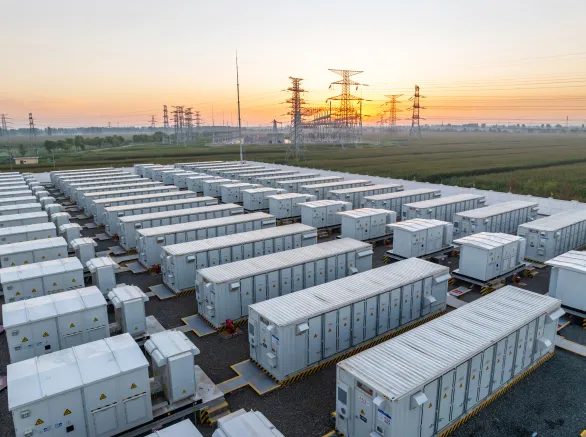July 18, 2025
Ambitious renewable energy initiatives, including former U.S. President Biden's Executive Order 14057 and California's 2035 ZEV mandate, have rapidly accelerated electric vehicle sales, increasing their number on the road from 200,000 in 2013 to 17 million in 2024. To sustain high EV adoption rates and meet California's mandate that all new vehicle sales be zero-emission by 2035, the state will need to better understand what drives EV adoption among consumers, where gaps exist, and tailor strategies to address both.
In their study "The Role of Charging Stations in Driving Electric Vehicle Sales in California," presented at the International Conference on Transportation and Development 2025 in Glendale, Arizona, Exponent scientists Omar Shabana, Behnoud Kermani, and Kai Jin, along with Aly Tawfik of California State University, Fresno, examine the key factors influencing EV sales in California and offer strategic measures the state could Implement to increase adoption.
Using statistical and computational analysis on datasets from reliable sources, the authors identified the most significant variables for EV adoption and charging infrastructure distribution, including population density, traffic volume, pollution and toxin release levels, and charging station availability — the latter representing one of the most critical factors, according to the study.
The study concluded that while urban and coastal areas, and San Francisco and Los Angeles in particular, have higher EV adoption rates due to greater charging accessibility and population density, charging network expansion in rural and underserved urban areas present substantial investment opportunities. The authors additionally identify factors such as socioeconomic barriers, unemployment, and education gaps that could be addressed through awareness campaigns and incentives.
The authors suggest further research be directed toward the impact of grid constraints and regional variations on adoption. The data-driven findings and insights included in this study will help the state optimize future adoption strategies in California and elsewhere through EV infrastructure planning and policy development.

"The Role of Charging Stations in Driving Electric Vehicle Sales in California"
Access the full article here with log in
From the publication: "This research provides data-driven insights for policymakers and planners to enhance EV infrastructure, promote sustainable transportation, and achieve California's environmental goals."



